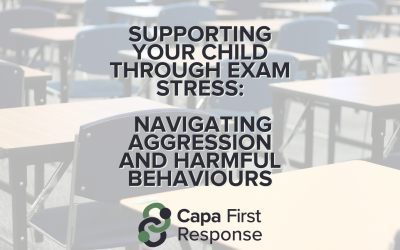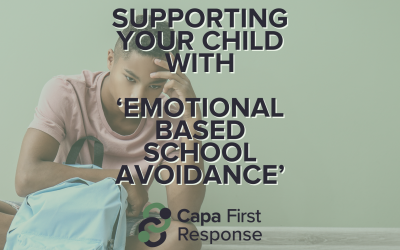As a parent or caregiver, calling the police is often the last resort, and a very difficult decision. Many parents worry that calling the police will have a negative impact on their child’s future.
Are you able to keep yourself and everyone in your house safe from immediate harm?
The police want to protect you and ensure you and anyone else in the home are safe. It is important to think about why you may call the police out. This is usually because you are in fear of what your child may do.
Calling the police is about you and your family’s right to feel safe.
By calling the police you are giving your child a very clear sign that you want to keep them and everyone else safe.
We suggest you do not wait to call the police until the physical or verbal aggression is underway but at that point you feel fearful of what may happen.
You and your family have a right to feel safe in your home.
We suggest you work with the police and call them on a non-emergency number, 101 ( in the UK) in the first instance when there is no aggressive or harmful behaviour happening.
-
- Let them know you are seeking support for your child’s behaviour which can mean things may get worse.
- You want to keep your child and other siblings as well as others in the home safe.
- If you do have to call the police in an emergency ,you are not looking for your child to become criminalised but for them to feel supported.
- You may have to call them out more than once
- If available can you get a police reference number so you can cite this if you call them
If the police are called in an emergency:
The police will talk to your child and explain to them the impact of their behaviour and what can happen if it continues. In some cases, the police will remove your child to a friend, neighbour or relative for a ‘cooling’ down period.
We advise parents to let their child know you will be calling the police if you are in fear of what may happen.
Do not use this as a threat – if you tell your child you are going to do this, then you need to follow through, otherwise the behaviour can escalate.
The police are there to support you and want you to be safe in your home.



0 Comments